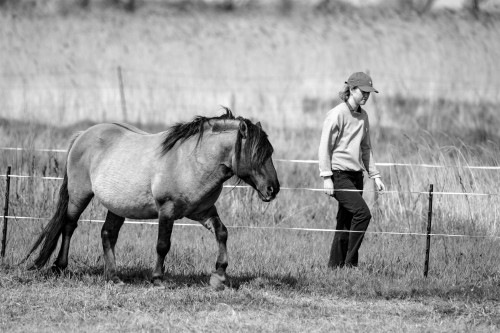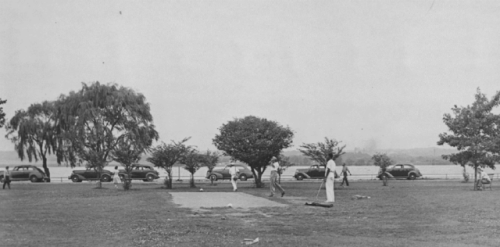#land management
happy PRIDE i’m here i’m queer and i believe the land should be given back to the proper indigenous stewards.
Non-Natives reblogging this are great and wonderful
Please remember that “land back” does not mean “indigenous people are mystical elves with innate epigenetic wisdom of land stewardship and they don’t belong in big cities,” nor does it mean “non-indigenous people can’t be farmers.”
What it DOES mean is that “non-indigenous farmers should be paying the equivalent of property taxes to the native governments their land was stolen from.”
It means, “there’s a great deal of indigenous scholarship on sustainable agricultural practices that farmers should be taking into account, because indigenous agriculture was more advanced than European agriculture at the time Europe invaded the Americas and western agriculture *still* hasn’t caught up in terms of figuring out how to produce equivalently high crop yields without compromising the ecosystem.”
It means, “non-indigenous farmers should be in an intellectual discourse with indigenous agricultural scientists and indigenous peoples that still do traditional farming, figuring how to repair the damage western farming practices have done to the ecosystem.”
Links to the Past: Public Golf Courses of Washington, D.C.
The three National Park Service golf courses in Washington, D.C. have a fascinating and complex history. Initially built between 1918 and 1939, the courses have hosted numerous tournaments, presidents of the United States, renowned American golfers, and countless local citizens.
The golf courses also played a role in the civil rights movement. Activists successfully protested for equal access to the courses and helped inspire the integration of the city’s recreational facilities in 1941.
TheNPS has completed studies on the history and design of the three golf courses (East Potomac Golf Course, Langston Golf Course, and Rock Creek Golf Course), including treatment guidelines for the long-term stewardship of the courses.
Now, a long-term lease opportunity is available for the golf courses, and the NPS is in search of an operator who’s committed to providing affordable and easy-to-access golfing, to improving facilities and courses, and to preserving the unique histories and landscapes of each of these courses.
For information about developing and submitting a proposal:
- News release: “Hole-in-one business opportunity with the National Park Service”
- Request for Proposals (RFP)
- Proposals must be received by the NPS by 4pm EST on November 27, 2019.

Langston Golf Course, first opened in 1939, is one of three 18-hole golf courses on National Park Service land in Washington, D.C. (NPS).
Post link




